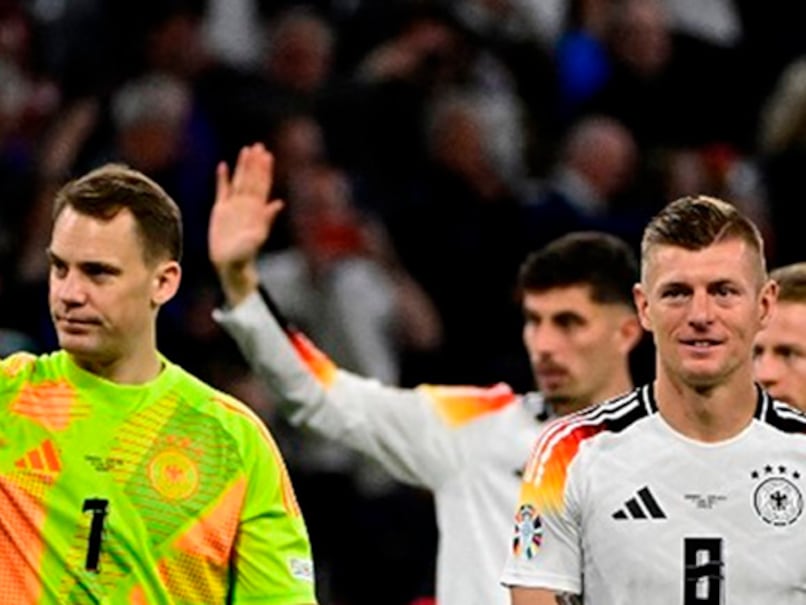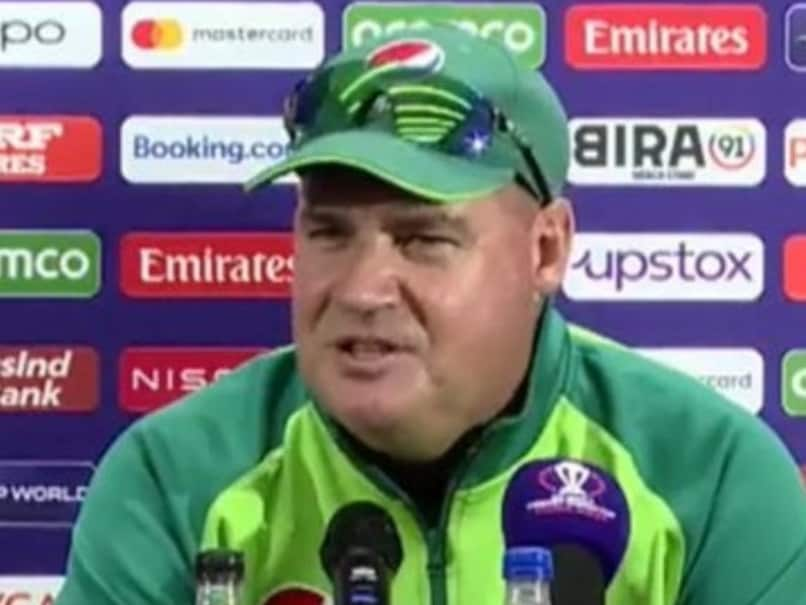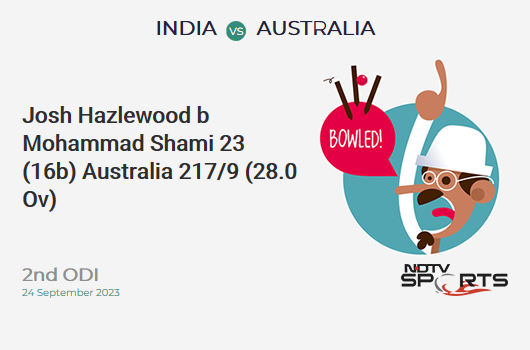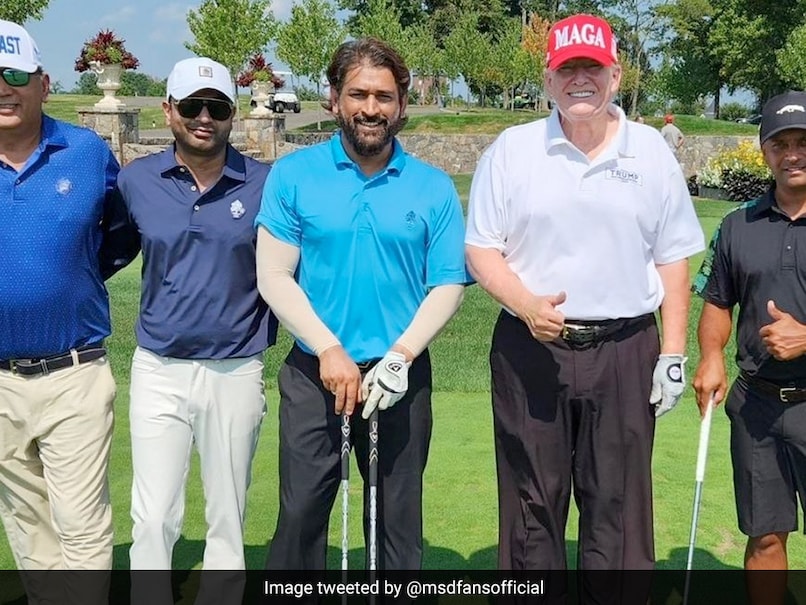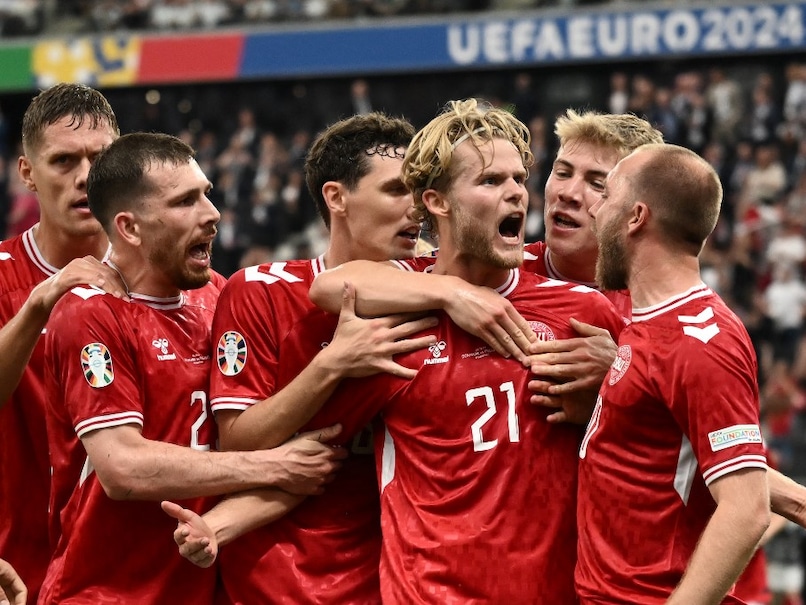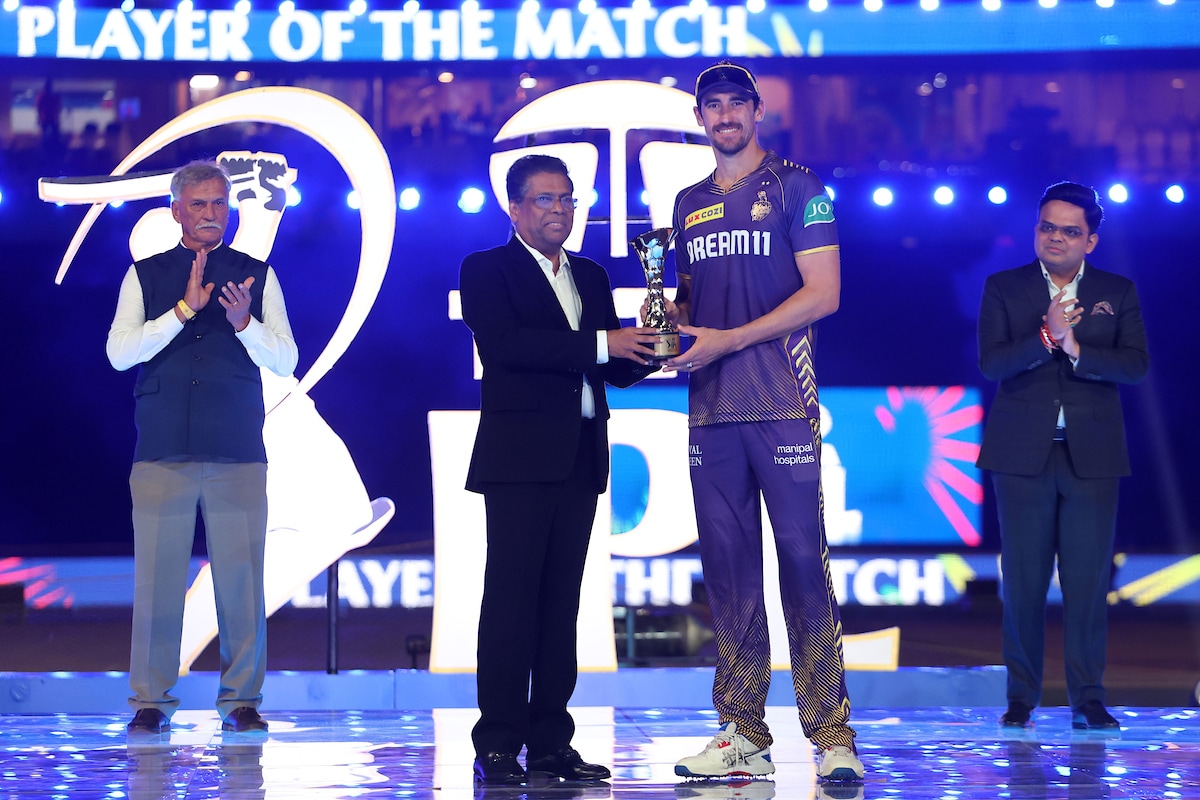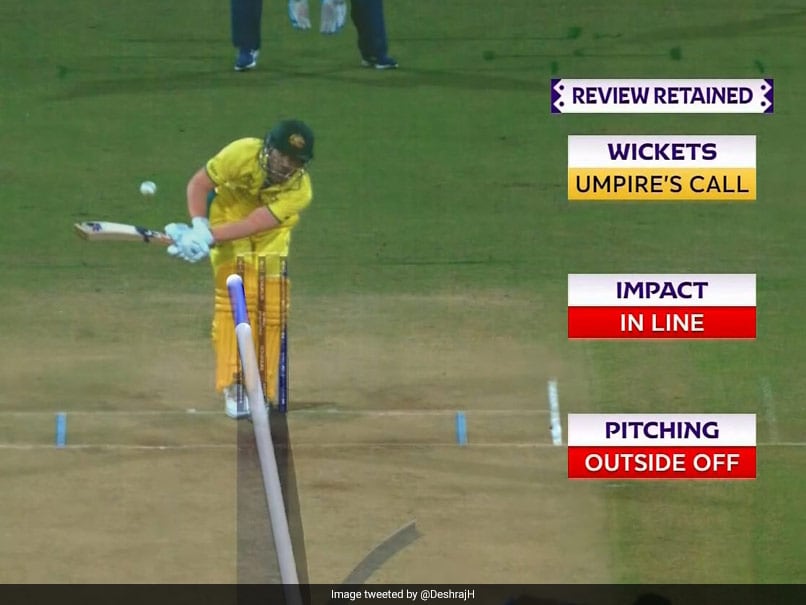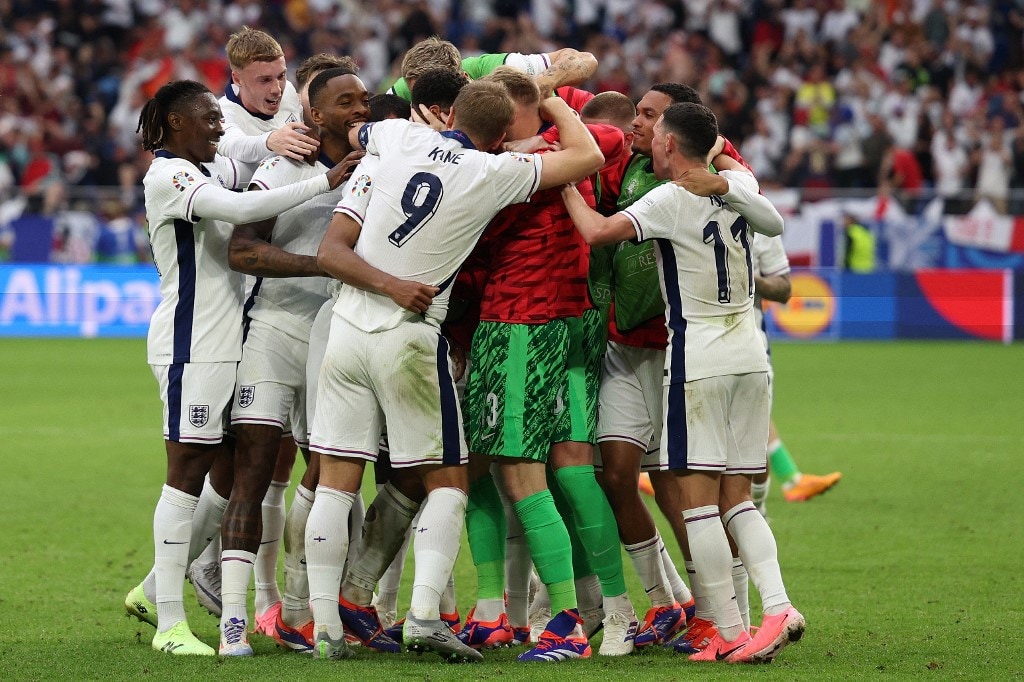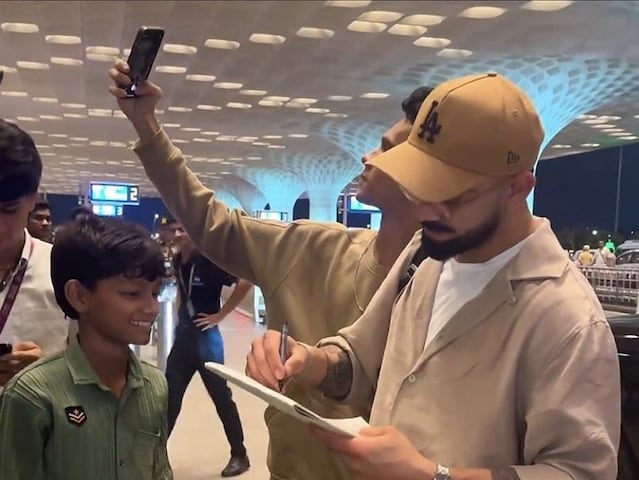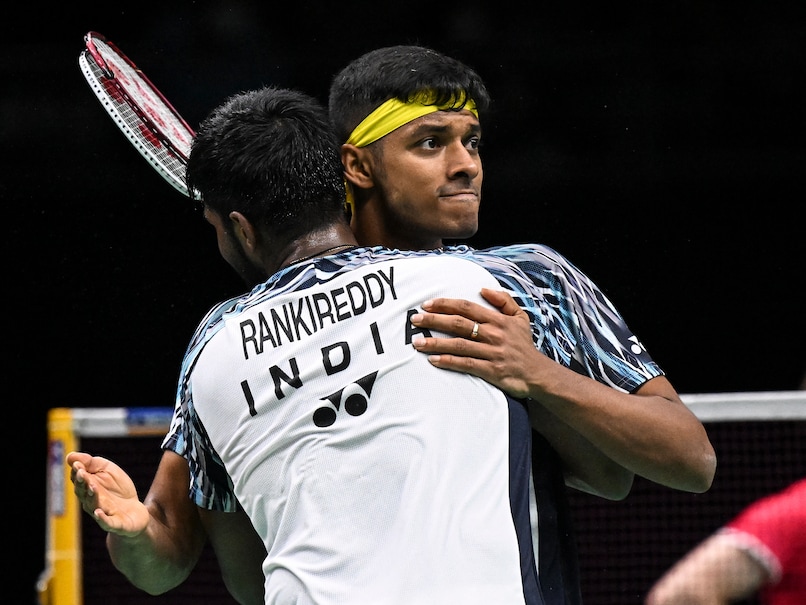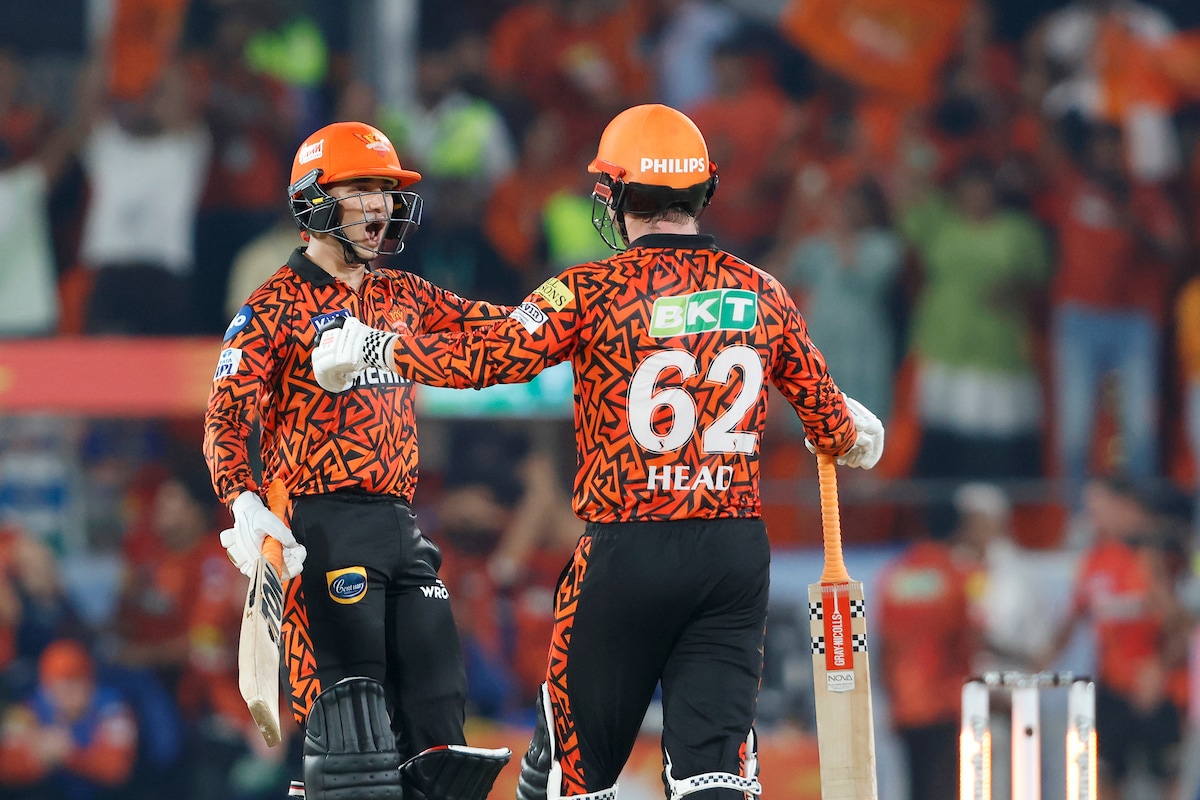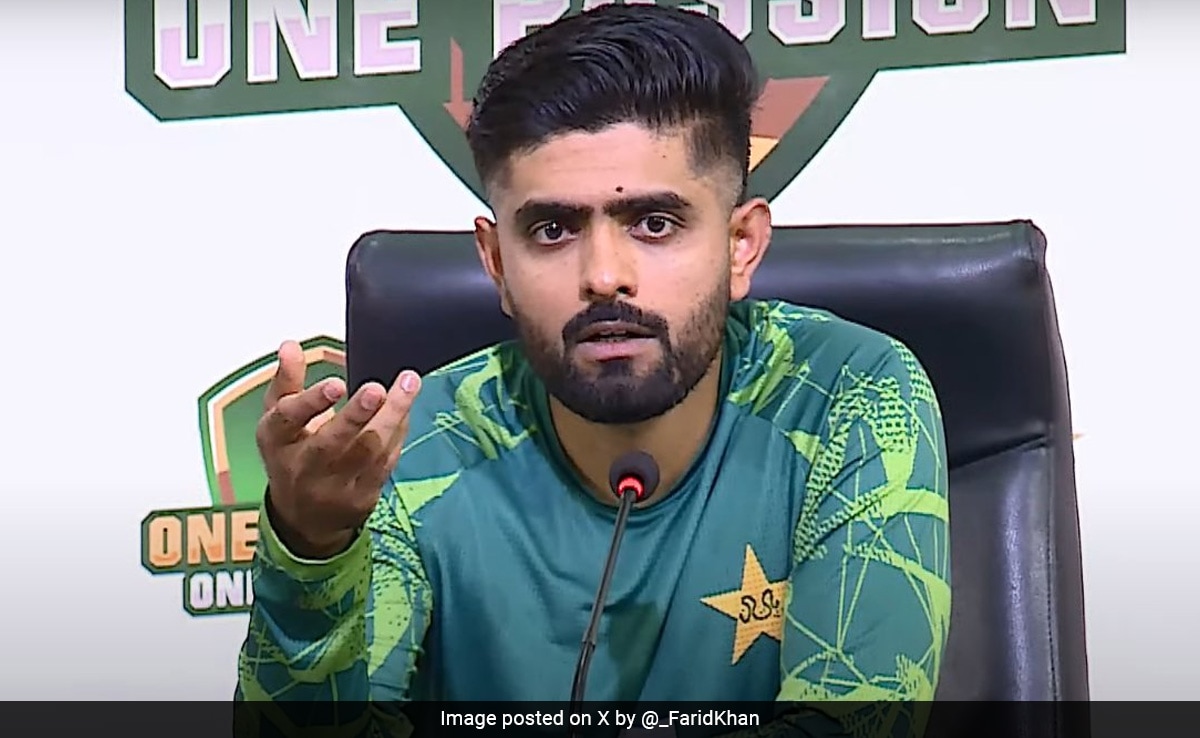Rahul Dravid with captain Rohit Sharma and Virat Kohli pose for a picture after Team India wins the ICC Twenty20 World Cup 2024 defeating South Africa in the finals.
| Photo Credit: ANI
As Rahul Dravid bids farewell to Team India, the legend said that during his tenure as head coach, he abhorred chopping and changing the side too much and always tried to be a foil for skipper Rohit Sharma so that he could devise his own winning strategies.
Dravid’s coaching stint came to an end with India winning the T20 World Cup in Barbados last week, defeating South Africa and bringing home the trophy for the second time after 2007.
“I’m someone who actually likes continuity and don’t like to chop and change too many things because I believe that creates a lot of instability and doesn’t create very good environment,” said Dravid in a video posted by BCCI on July 6.
“I feel that I am a part of the team whose responsibility is to create the right professional, safe, secure environment that doesn’t really have a fear of failure as such but is challenging enough to push people. That has always been my endeavour.” Dravid said that the period when the players were coming out of the COVID-19 pandemic was a tough one for him as he had just taken over as coach and “never envisaged” that he would have to work with half a dozen captains.
“One of the things that we really had to manage, especially in the early part of my coaching tenure here with India. We were at the back-end of the COVID restrictions. “We really had to manage their workloads through all the three different formats. There were a few injuries and it led to me working with something like 5-6 captains in the first 8-10 months of me being here.
“It was definitely something that I hadn’t envisaged, or not something that I thought about, but it just sort of organically happened.” Under Dravid’s tutelage, India thrashed England in the five-match Test series at home and the team also reached the 2023 ODI World Cup final.
While COVID put a lot of restrictions on players and they virtually lived out of a ‘bubble case’ at all times, the pandemic also had its up side as a lot of youngsters got a chance to be a part of the India team environment.
“The other thing that happened, which was very nice to see is, because we played so much of cricket after Covid and we had to cram in a lot of series, it meant that we had to almost, at times, have two teams playing at the same time in different parts of the world.
“Over the last 2-1/2 years, especially in white-ball cricket and lately towards the back-end (of my career) even in red-ball cricket, we were able to give a lot of youngsters a lot of opportunities, bring a lot of people into the side.” “Some of them developed and stayed on in the side a little bit longer, but some of them, they were there because at that point of time maybe some of the seniors were resting.” Dravid’s relationship with Indian stalwarts like Rohit Sharma and Virat Kohli dates back to the time when he was at the fag end of his cricketing career while the two were finding their feet in international cricket.
“I’ve really enjoyed working with Rohit, someone I knew as a young boy. Just to see him grow as a person and grow as a leader in Indian cricket, what someone like him has been able to contribute to the team over the last 10-12 years, both as a player and now as a leader, has been a real tribute to him and the effort that he’s put in.
“I’ve really enjoyed getting to him know as a person as well and enjoyed seeing his commitment and his care for the team; to just try and get the environment right where everyone feels safe and secure and enjoys themselves. It’s something that I’ll miss.
“Even with someone like Virat. In the initial days, just a couple of series with him as a captain, just a couple of matches. Getting to know him as well and to see how he goes about his business, the professionalism that he continues to display…his desired to improve, to get better. It’s been fascinating for me to watch.” Dravid said he always believed in the process because of which, at times, he was misunderstood as not being result-oriented.
“For me that’s (results), of course it’s important. I keep saying and people think, ‘Oh, I think result are not important’. Of course, results are important.
“I’m in the business to produce results. But it’s always like, as a coach, to think about what is it that I can control to help the results and at the end of the day our responsibility should be to try and help the captain deliver his vision and his philosophy of how he wants the team to play.” “Of course, to win cricket games is a given. You try to win as much as you can. You start with that. But I always look back on what is it that leads to the winning? How do you win more games and what is the process required to win more games? “For me, the vision was to try and get that process right. Ticking all of those boxes. ‘Are we challenging the players enough? Are we practicing well enough? are we prepared tactically, technically? Are we supporting the players as best as we possibly can, Are we creating the right environment? “These are the things I think that are important to tick before you get to the winning. The winning, hopefully, if you do a lot of these things, most of the time the winning will take care of itself.”


